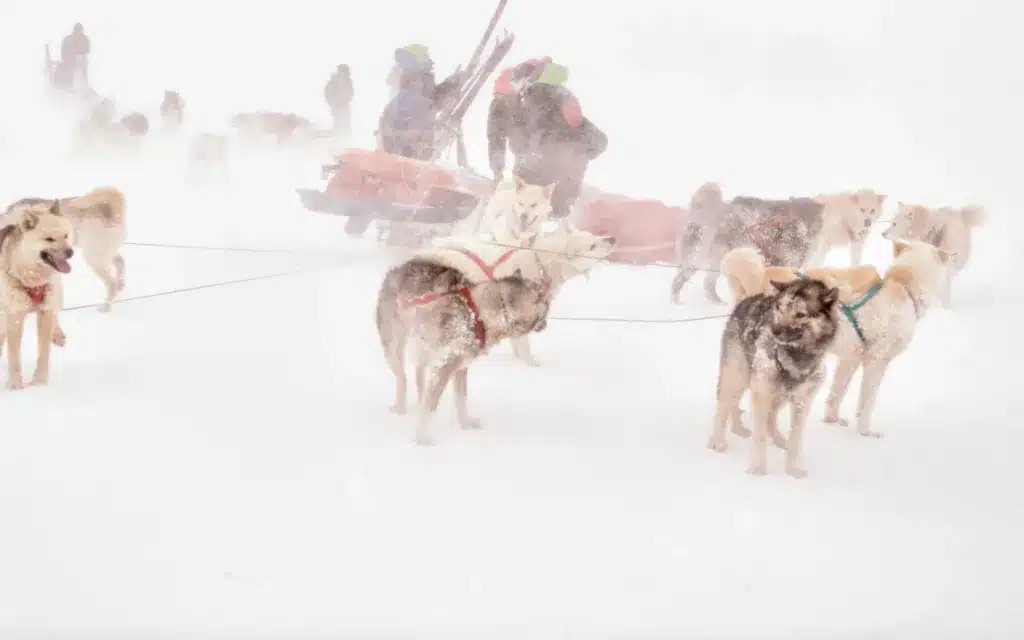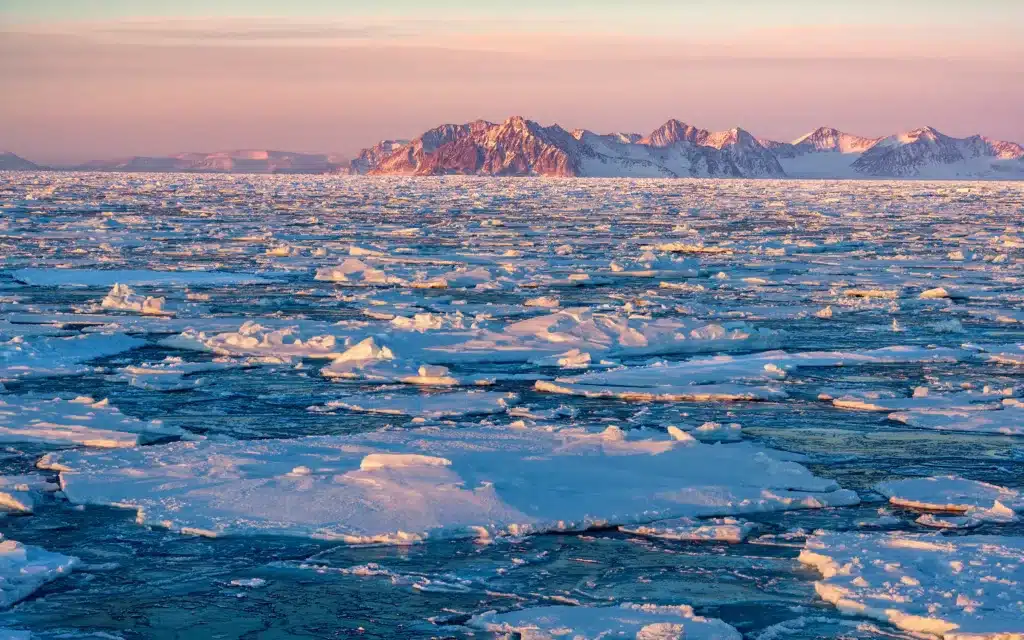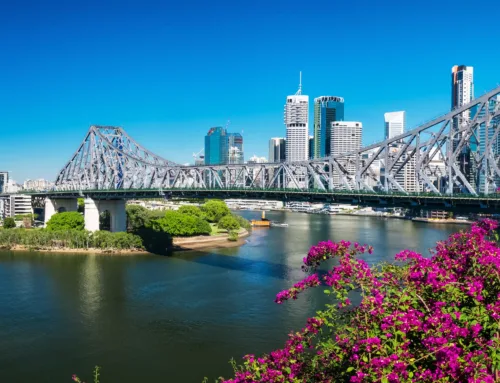There are journeys that reshape how we understand the world, and then there’s the Northwest Passage – a route so formidable that it has claimed ships, crews, and centuries of human ambition in its icy grip. This September, Aurora Expeditions quietly made history when its expedition ship, Sylvia Earle, became the 100th passenger vessel to successfully transit this legendary Arctic corridor, as recorded by the Scott Polar Research Institute at the University of Cambridge.

For an Australian expedition company that has spent more than three decades pioneering adventure travel to the planet’s most remote corners, the milestone represents both achievement and responsibility – a recognition that access to such pristine wilderness demands unwavering commitment to its protection.
A route forged by tragedy and triumph
The Northwest Passage winds through the Canadian Arctic Archipelago, connecting the Atlantic and Pacific oceans through a maze of channels that have captivated – and defeated – explorers since the 16th century. Early expeditions met with disaster; the Franklin Expedition of 1845 vanished entirely, its fate not fully understood until archaeological discoveries more than a century later. What once took years of hardship and often ended in catastrophe can now be experienced aboard vessels like the Sylvia Earle, purpose-built to navigate these waters while treading lightly on one of Earth’s most fragile ecosystems.

According to Michael Heath, CEO of Aurora Expeditions, reaching this centennial transit reflects the growing appetite among well-travelled cruisers for authentic small-ship exploration of remote regions. The company’s approach – founded on principles of adventure and endless exploration – stands in deliberate contrast to mass-market cruising, offering instead carefully curated voyages that place a premium on immersive activities, extended time ashore, and thoughtful enrichment programs.
Purpose-built for discovery
The Sylvia Earle represents a new generation of expedition vessels designed specifically for polar exploration. One of Aurora’s two purpose-built small ships – along with sister vessel Greg Mortimer, and soon to be joined by Douglas Mawson in December 2025 – these vessels combine ice-strengthened hulls with innovative design elements that enhance both passenger experience and environmental performance.
The difference is immediately apparent: fewer passengers mean more flexibility, genuine access to remote landing sites via zodiac excursions, and encounters with wildlife from polar bears to beluga whales without the crowds. Onboard expedition teams – typically including marine biologists, historians, and polar experts – transform each voyage into an immersive educational experience, while the ships’ advanced environmental systems minimize ecological impact in waters where such considerations aren’t optional.
Beyond the voyage: a B Corporation commitment
Aurora Expeditions holds dual certifications that speak to its operational philosophy: Certified B Corporation status and Carbon Neutral certification. These aren’t marketing flourishes but framework commitments that shape everything from itinerary planning to onboard operations. Voyages contribute to scientific research initiatives, support conservation partnerships, and fund educational programs designed to protect the regions the company explores.
For cruise guests increasingly conscious of their impact, this matters. The Arctic is changing – warming faster than anywhere else on Earth – and responsible operators understand that access carries obligation. Aurora’s three-decade track record suggests they understand that the best way to inspire conservation is through direct, respectful engagement with wilderness on its own terms.
The new age of polar exploration
Modern expedition vessels represent a radical departure from the wooden ships that once battled these waters, but the essential experience remains unchanged: nature sets the terms, patience is prerequisite, and those willing to venture beyond conventional travel discover something increasingly precious. The Sylvia Earle allows passengers to witness calving glaciers, navigate through sea ice, and visit Inuit communities while maintaining the intimate scale that defines genuine expedition travel.
As the 2025 Arctic season concludes, this centennial transit serves as both celebration and reminder. The Northwest Passage may be more accessible than ever, but it remains what it has always been: a frontier where human ambition meets natural limits, where exploration demands respect, and where the most profound discoveries often happen in the spaces between destinations.
For those seeking journeys that transcend tourism, the message is clear – some routes are worth the wait, and some experiences can only happen at the edge of the map.
For expedition details and departure schedules, visit aurora-expeditions.com










